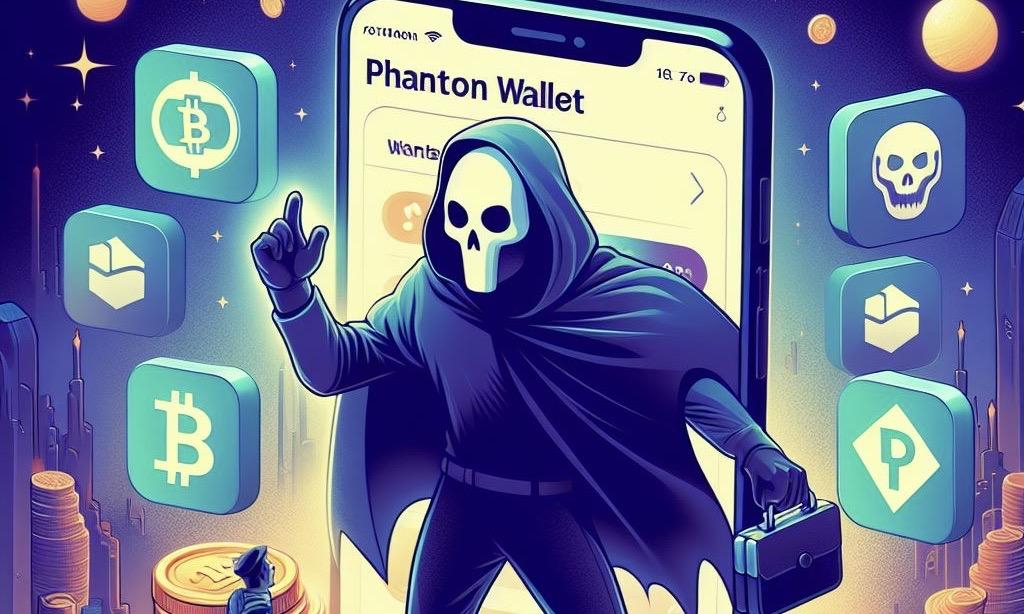Solana-based Phantom wallet users are being targeted by phishing scammers attempting to steal private keys through fake update prompts, according to a report by CoinTelegraph. Web3 security platform Scam Sniffer issued a warning on Feb. 6 about fraudulent "update extension" signature requests designed to compromise real Phantom wallets.
The phishing attack tricks users into signing a request, prompting them to enter their seed phrase. If victims comply, scammers gain full control of their wallets, allowing them to drain funds. This follows a similar warning in January about fake Phantom pop-ups requesting seed phrases for fraudulent connections.
Scam Sniffer shared tips to help users identify phishing attempts. One method is to right-click on suspicious pop-ups—malicious pages often block this function, while genuine Phantom wallet prompts do not. Users should also check URLs, as authentic Phantom pop-ups contain "chrome-extension," which scammers cannot replicate.
Phantom wallet usage has surged due to the growing popularity of Solana-based memecoins. The platform recorded $470,000 in daily revenue from fees, surpassing Coinbase Wallet, according to DefiLlama. On Jan. 19, Phantom’s daily revenue peaked at $3.6 million.
The wallet platform continues expanding, surpassing 10 million monthly active users and processing over 850 million transactions in 2024. On Feb. 6, Phantom introduced support for 16 different currencies.
Earlier, on Jan. 17, Phantom secured $150 million in Series C funding led by Sequoia Capital and Paradigm, bringing its valuation to $3 billion. The company also dismissed rumors of a token airdrop tied to its upcoming social discovery feature.
To stay safe, Phantom users should avoid signing suspicious requests and never share their seed phrases.



























Comment 0